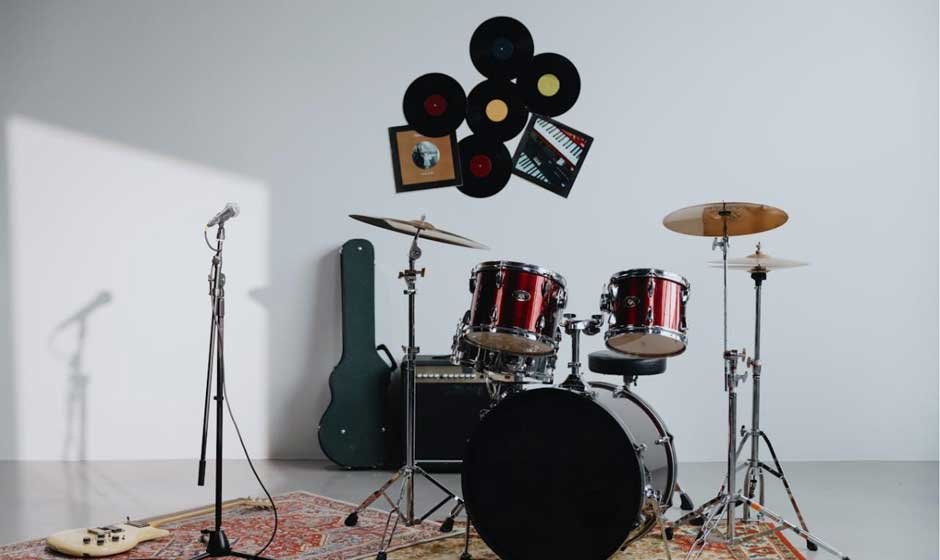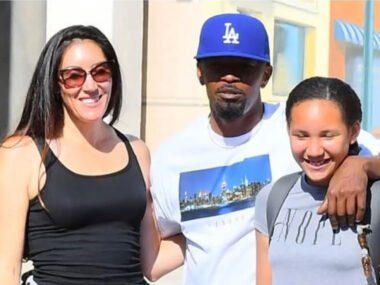Have you ever felt like everyone else in the room knows exactly what they’re doing—with their perfect gear, perfect sound, and perfectly timed modesty—while you’re still trying to figure out which cable goes where? You’re not alone. Starting out as a musician can feel like showing up to a party you weren’t invited to, only to realize everyone else brought matching instruments.
Confidence rarely comes naturally, especially in today’s polished, performance-driven world where starting out can feel overwhelming. Instagram reels make it seem like every 12-year-old is already a world-class shredder. TikTok is filled with singers hitting whistle tones on their second try. Even your neighbor’s dog seems to have a better pedalboard than you.
But behind every polished clip is someone who also had to take the first shaky step—just like you.
In this blog, we’ll share real-world ways to build confidence as a new musician, shaped by today’s music scene and lessons from artists who started just like you.
Know Your Tools, Know Your Power
If there’s one thing that kills confidence fast, it’s feeling like you don’t belong around gear. There’s nothing worse than standing in a music shop pretending you know the difference between analog and digital delay while sweating into your hoodie.
That’s where good guidance matters. Learning how to choose and use your tools isn’t about showing off—it’s about removing guesswork. When you know your equipment inside out, you don’t have to second-guess every setting or stress over what other people are doing. You get to focus on what actually matters: your sound.
This is where EquipBoard comes in. It’s a platform built around helping musicians—at every level—make smarter choices about their gear. Whether you’re setting up your first bedroom studio or deciding between pedals for your live rig, EquipBoard gear guide resources break down what tools are worth your time (and money). The guides are informed by actual players, not marketers, and cover everything from entry-level picks to pro setups.
When you have the right gear for your needs, and you understand how to use it, you start to feel like you’ve earned your space. Confidence grows naturally from clarity.
Practice That Feels Like Progress
Let’s be real: practicing isn’t always fun. Especially when it feels like nothing is changing. But practice isn’t about perfection—it’s about momentum. And the way you structure it can make a big difference in how confident you feel.
Instead of grinding scales for an hour straight, try breaking things into shorter, focused sessions. Set small goals that lead to visible wins. Want to learn a song? Don’t aim for the full track right away. Start with the chorus. Nail the transitions. Loop the hard parts.
The key is to design your practice so that you see progress quickly. When you feel progress, your brain starts to associate music with reward—not frustration. That sense of forward movement builds confidence without even trying.
Also: record yourself. Not for TikTok. For you. Listening back, even to rough takes, gives you a clear picture of where you’re growing. You’ll be surprised how often you sound better than you feel in the moment.
The People Around You Matter
One of the biggest shifts in music today is the rise of virtual community. You don’t have to live in a big city or go to a fancy music school to find support. Discord servers, Reddit threads, even niche YouTube channels—there are entire worlds of musicians out there sharing, learning, and encouraging each other.
Join them.
Surround yourself with people who are also learning. People who share their process. People who post their mistakes. Confidence doesn’t grow in isolation. It grows when you realize you’re not the only one fumbling through a chord change or still trying to understand EQ.
And here’s the beautiful part: sharing your journey, even the messy bits, helps others too. You become part of someone else’s encouragement. That’s powerful. You’re no longer just learning for yourself—you’re contributing to something bigger.
Stage Fright Is a Lie
Everyone talks about stage fright like it’s a disease you either have or you don’t. But the truth is, performing anxiety is just misplaced energy. It’s your brain trying to protect you from judgment. But judgment isn’t the enemy. Indifference is.
People remember performances with heart, not perfection. Some of the most iconic shows in history were messy, loud, chaotic. But they were real. Audiences aren’t looking for flawless—they’re looking for feeling.
Confidence on stage doesn’t come from being perfect. It comes from believing you have something worth sharing. And you do.
Try open mics. Play for your dog. Post a 10-second clip. Whatever your version of “putting it out there” looks like—start now. Start small. The more you normalize being seen, the less scary it becomes.
Today’s Music World Needs More Imperfection
In a way, the music world is swinging back around. After years of autotune, algorithmic playlists, and digital polish, people are craving authenticity again. Raw demos. Lo-fi tracks. Live takes with room noise and breath sounds.
Confidence used to mean fitting in. Now it means standing out. And standing out often looks like being imperfect on purpose.
This is good news for new musicians. You don’t have to wait until you’re “ready.” You don’t need a full album, a viral single, or a perfect setup. You need truth. Honesty. Curiosity. That’s the kind of artistry people connect with.
And the wildest part? Once you stop trying so hard to be impressive, you start becoming memorable.
You Can’t Fake Confidence—But You Can Build It
Here’s the thing: confidence is not a vibe you magically wake up with one day. It’s something you build, brick by brick, experience by experience.
You build it every time you troubleshoot a sound issue instead of panicking. Every time you finish a practice session even though it wasn’t perfect. Every time you let someone hear your work even though it scares you a little.
The irony is, the people who seem most confident are often the ones who’ve failed the most—and just kept going.
So if you’re a new musician, remember: nobody starts strong. They start. And then they get stronger.
You’ve got time. You’ve got support. And if you’re reading this, you already have curiosity—and that’s the start of everything.










